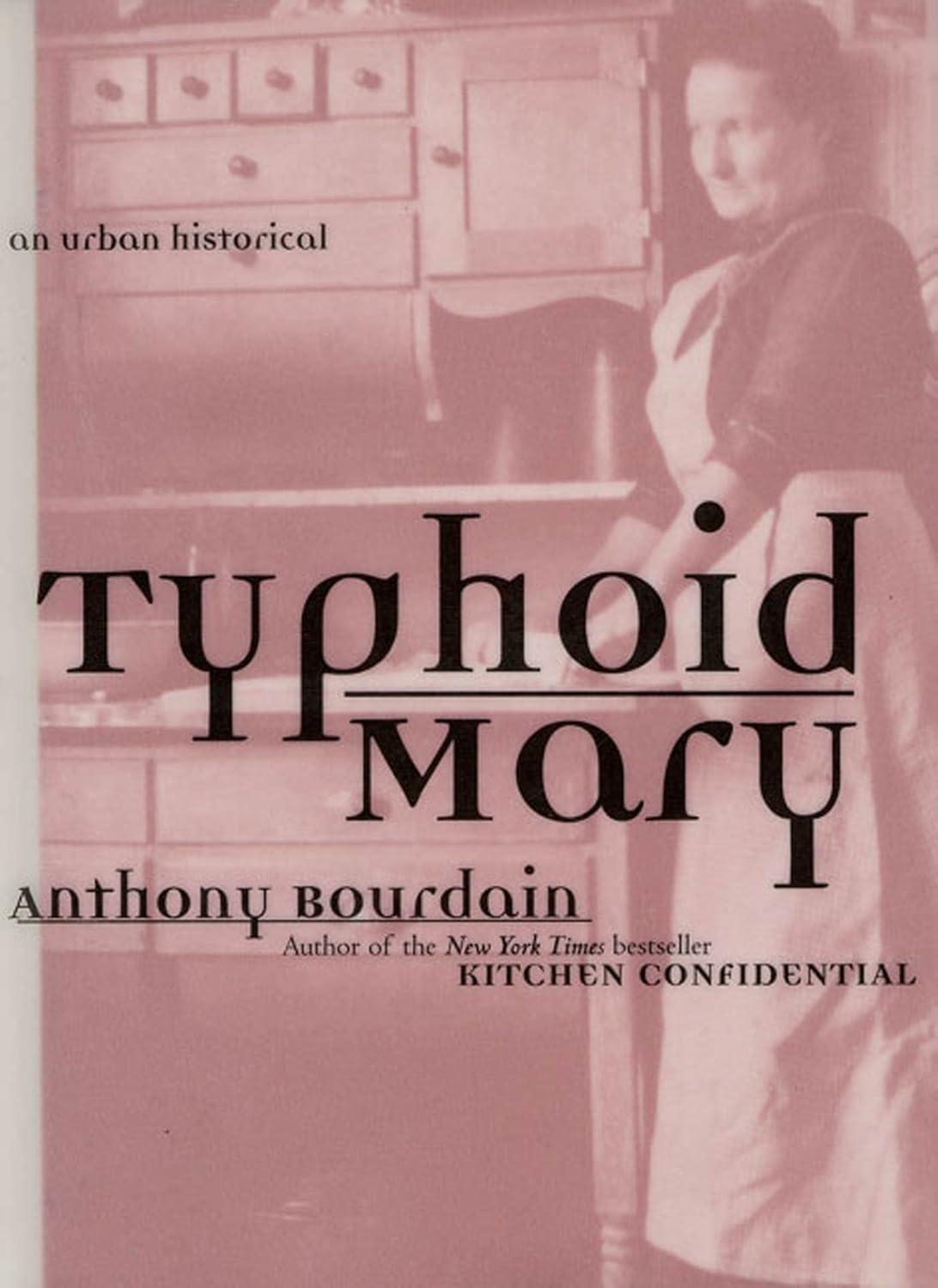For a cook, the well-ordered safety and certainty of the kitchen, however hot, cramped, and occasionally crazed, is a place of absolutes. The chef is the Absolute Leader. Food is always served on time. Cold food is served cold. Hot food is served hot. No one is late. No one calls in sick.
Let me repeat that: No one calls in sick.
The world outside the kitchen doors, to the mind of the cook, is imperfect—a constant source of disappointment, a place of thousands of tiny betrayals which threatens at all times to intrude into their own territory.
Mary Mallon, the woman who came (to her everlasting displeasure) to be known as Typhoid Mary, was a cook. Much has been written about Ms. Mallon over the years. There have been sensational newspaper accounts, plays, works of fiction, the predictable feminist reevaluations depicting her as the sad victim of an unfeeling, racist, sexist society bent on bringing a good woman down—her persecution and incarceration the result of some gender-insensitive Neanderthals looking for a quick fix to an embarrassing public health problem. And there is an element of truth in almost all these characterizations. She was a woman. She was Irish. She was poor. None of these, listed on a resume in 1906, was going to put you on the fast track to the White House or a corporate boardroom or even a box seat at the opera.
Because, first and foremost, Mary Mallon was a cook.
And her story, first and foremost, is the story of a cook. While that may not explain everything about some of the troubling aspects of her life, it explains a hell of a lot. Her tale has not yet, to my knowledge, been told from that point of view.
Little historical record of Mary’s life can be depended on—and there are few recorded words or utterances from her own mouth. The accounts of the time, from others involved, directly or indirectly, with her case, are all too often self-serving, incomplete, sensationalistic, or plain wrong. Few, if any, take into account the worldview of the career cook.
